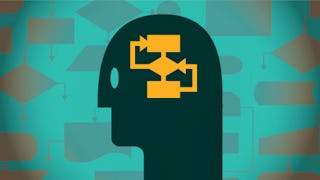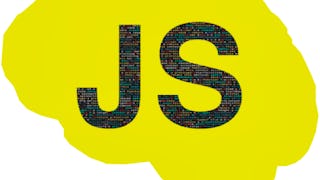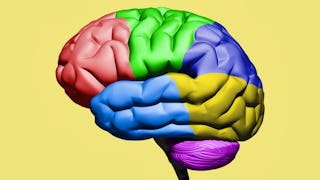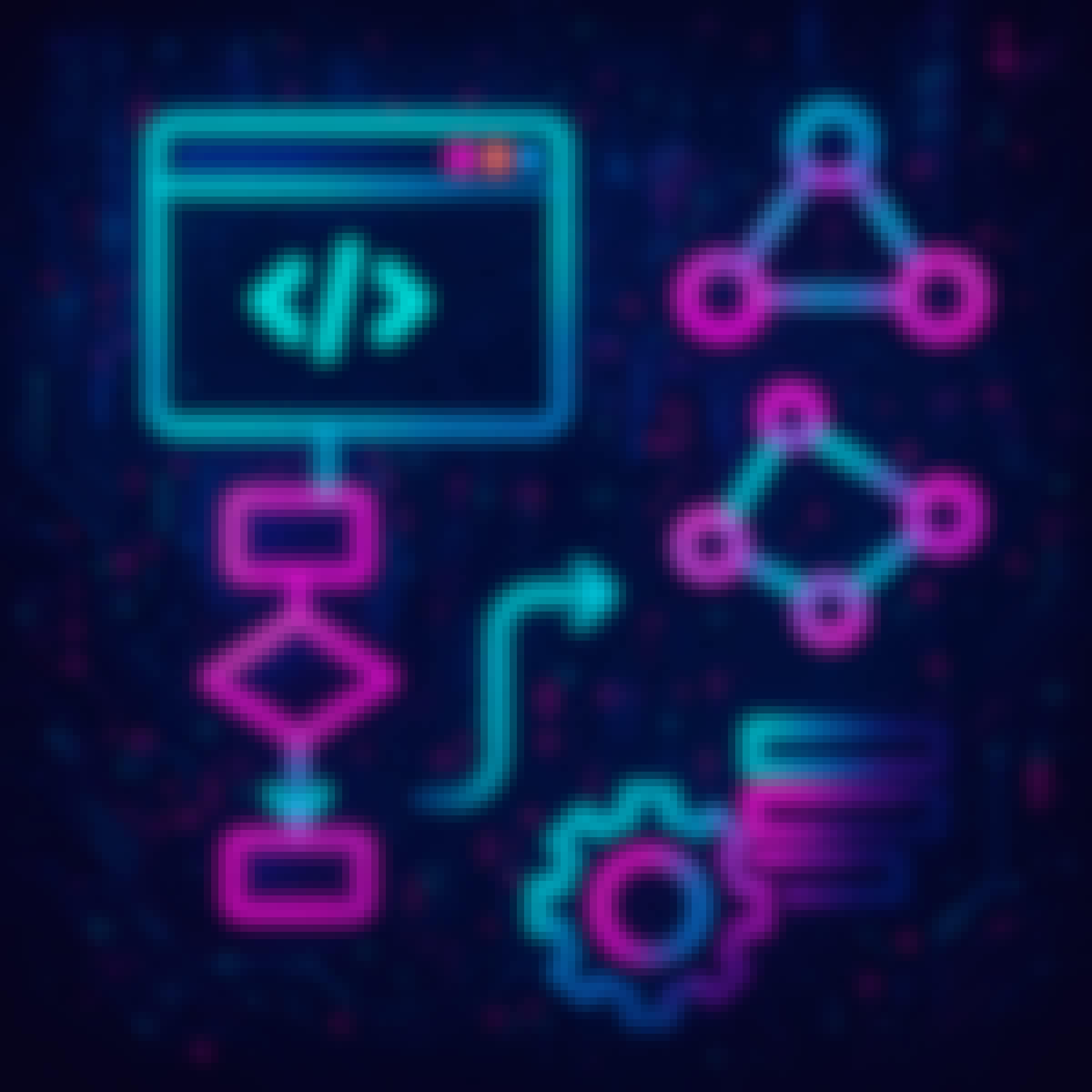Filter by
SubjectRequired
LanguageRequired
The language used throughout the course, in both instruction and assessments.
Learning ProductRequired
LevelRequired
DurationRequired
SkillsRequired
SubtitlesRequired
EducatorRequired
Explore the Algorithmic Thinking Course Catalog
 Status: Free Trial
Status: Free TrialRice University
Skills you'll gain: Computational Thinking, Algorithms, Bioinformatics, Data Structures, Big Data, Python Programming, Data Analysis, Machine Learning Algorithms, Unsupervised Learning, Analysis
 Status: Free Trial
Status: Free TrialRice University
Skills you'll gain: Graph Theory, Algorithms, Computational Thinking, Data Analysis, Data Structures, Theoretical Computer Science, Network Analysis, Analysis, Programming Principles, Python Programming, Computer Programming
 Status: NewStatus: Preview
Status: NewStatus: PreviewIE Business School
Skills you'll gain: Critical Thinking, Logical Reasoning, Analytical Skills, Decision Making, Research, Generative AI, Systems Thinking, Cognitive flexibility, Open Mindset, Data Analysis, Lifelong Learning
 Status: Free Trial
Status: Free TrialUniversity of Glasgow
Skills you'll gain: Computational Thinking, JSON, Application Deployment, Data Structures, Javascript, Application Development, HTML and CSS, Data Analysis, Code Review, Software Development, Data Visualization Software, Web Development, Scripting, Prototyping, Data Processing, Programming Principles, Unsupervised Learning, Front-End Web Development, Data Science, Computer Programming
 Status: Preview
Status: PreviewUniversity of Pennsylvania
Skills you'll gain: Computational Thinking, Algorithms, Pseudocode, Problem Solving, Analytical Skills, Computer Science, Python Programming, Computer Systems, Data Structures, Computer Hardware, Computer Programming, Debugging
 Status: Free Trial
Status: Free TrialUniversity of Colorado System
Skills you'll gain: Computational Thinking, Data Collection, Simulations, Data Analysis, Microsoft Visual Studio, C (Programming Language), Analysis, Automation, Program Development, Data Structures, Programming Principles, Algorithms, Computer Programming, Theoretical Computer Science, Data Storage, Data Store, Descriptive Statistics, Problem Management, Data Visualization Software, File Management
What brings you to Coursera today?
 Status: Preview
Status: PreviewUniversity of Michigan
Skills you'll gain: Computational Thinking, Programming Principles, Problem Solving, Computer Science, Disaster Recovery, Algorithms, Computer Programming, Public Health
 Status: Free Trial
Status: Free TrialRice University
Skills you'll gain: Computational Thinking, Programming Principles, Algorithms, Data Structures, Theoretical Computer Science, Computer Programming, Python Programming, Computer Science, Game Theory, Mathematical Modeling, Software Testing
 Status: Free Trial
Status: Free TrialUniversity of California San Diego
Skills you'll gain: Data Structures, Graph Theory, Algorithms, Network Routing, Program Development, Network Model, Bioinformatics, Operations Research, Data Storage, Development Testing, Theoretical Computer Science, Computational Thinking, Network Analysis, Programming Principles, File Systems, Computer Programming, Epidemiology, Social Network Analysis, Software Testing, Debugging
 Status: Free Trial
Status: Free TrialStanford University
Skills you'll gain: Data Structures, Graph Theory, Algorithms, Bioinformatics, Theoretical Computer Science, Social Network Analysis, Network Analysis, Computational Thinking, Analysis, Probability & Statistics, Network Routing, Probability, Pseudocode, Computational Logic, Operations Research
 Status: NewStatus: Preview
Status: NewStatus: PreviewBirla Institute of Technology & Science, Pilani
Skills you'll gain: Computer Science, Machine Learning Algorithms, Solution Design, Problem Solving, Mathematical Theory & Analysis, Scalability
 Status: Free Trial
Status: Free TrialArizona State University
Skills you'll gain: Strategic Thinking, Visionary, Research, Influencing, Strategic Decision-Making, Data Collection, Systems Thinking, Strategic Planning, Proactivity, Negotiation, Business Strategy, Complex Problem Solving, Communication Strategies, Surveys, Creative Thinking, Scientific Methods, Decision Making, Recognizing Others, Cognitive flexibility, Research Methodologies
Algorithmic Thinking learners also search
In summary, here are 10 of our most popular algorithmic thinking courses
- Algorithmic Thinking (Part 2): Rice University
- Algorithmic Thinking (Part 1): Rice University
- Beyond the Obvious: How to Think in the Age of Generative AI: IE Business School
- Computational Thinking with JavaScript: University of Glasgow
- Computational Thinking for Problem Solving: University of Pennsylvania
- Computational Thinking with Beginning C Programming: University of Colorado System
- Problem Solving Using Computational Thinking: University of Michigan
- Principles of Computing (Part 2): Rice University
- Data Structures and Algorithms: University of California San Diego
- Algorithms: Stanford University










